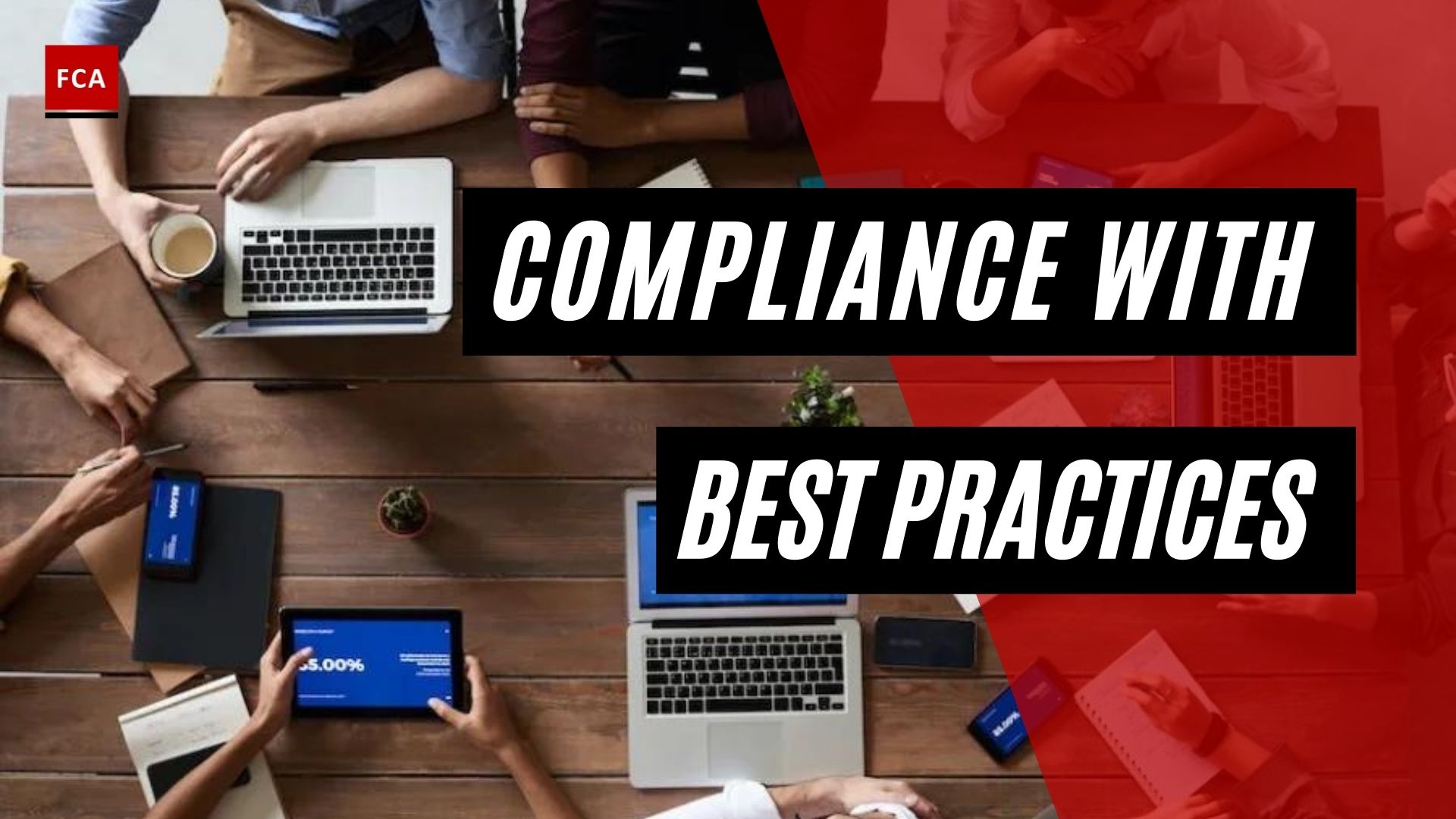Preparing the interview questions. An internal investigation is a fact-finding exercise. The aim of all the questioning should be just that – to establish the facts. This means allowing the interviewee to examine any documents that would aid their recall and giving them time to think about it. Interviewees should be advised that the interview is not a memory test and that if they recall something later, they should ask to speak with the interviewers again or correct the evidence note.

Preparing The Interview Questions
It may be beneficial to show interviewees a timeline or chronology to help them organize their memories. This should be maintained unbiased and objective, and no meaningful information should be given to interviewers that they do not already have. Avoid long or aggressive cross-examination by asking open and basic questions. This is not the moment to try to assess someone’s credibility definitively.
The interviewers should not provide information that they don’t already have, as the interviewees’ unaided recollection is very important. They should not be told about other people’s evidence or “case theories,” nor should they be informed about what others have stated about a topic.
The interviewer should refrain from giving interviewees the impression their evidence is insignificant or “wrong,” as they may be questioned by the regulator again, and it is in the firm’s and individual’s best interests for them to do so with as much self-assurance as possible.
Similarly, passing on any information from the interview or displaying the interviewee any document that is protected by an information barrier or a duty of secrecy should be avoided, as well as asking them for their view on whether particular conduct was compliant or met certain standards. This is a difficult line to draw, and sometimes, questions must address this. For example, why something was not reported internally.
However, generally, it is not part of an individual employee’s role to determine whether the conduct was compliant. It will also affect the quality of the evidence if the interviewee thinks that they are being asked to sit in judgment on themselves or others about regulatory or other breaches.

Cover Basics Before You Begin
Investigators should begin each interview with a brief introduction that explains why the interview is being conducted and includes all necessary disclosures. The investigator will usually arrange for a witness to be present to take notes and corroborate evidence. To put the interviewee at ease, the role of this person should be explained right away.
It is critical to be honest about the purpose of the interview in your opening remarks while also respecting the need for confidentiality. For example, an investigator may begin an interview by explaining that the company is looking into specific complaints about unfair treatment of minorities.
Inform the interviewee that you will do everything in your power to protect his or her privacy. Explain that any information you provide during the interview will only be shared with others if absolutely necessary. Interviewees should understand that maintaining confidentiality will be nearly impossible if a lawsuit arises and the case proceeds to court; if this occurs, additional parties will require copies of all statements and case-related documents.
Final Thoughts
It is critical to make these statements before beginning the interview because they will likely answer many of the interviewee’s questions. It is also advisable to ask complainants, subjects, and witnesses if they have any questions. Addressing these issues early on, rather than at the end of the interview, will encourage greater cooperation, which will improve the quality of the interview and the overall effectiveness of the investigation. Again, the goal is to create an atmosphere in which the interviewee feels free to speak openly and honestly, providing as much detail as possible in his or her responses.









